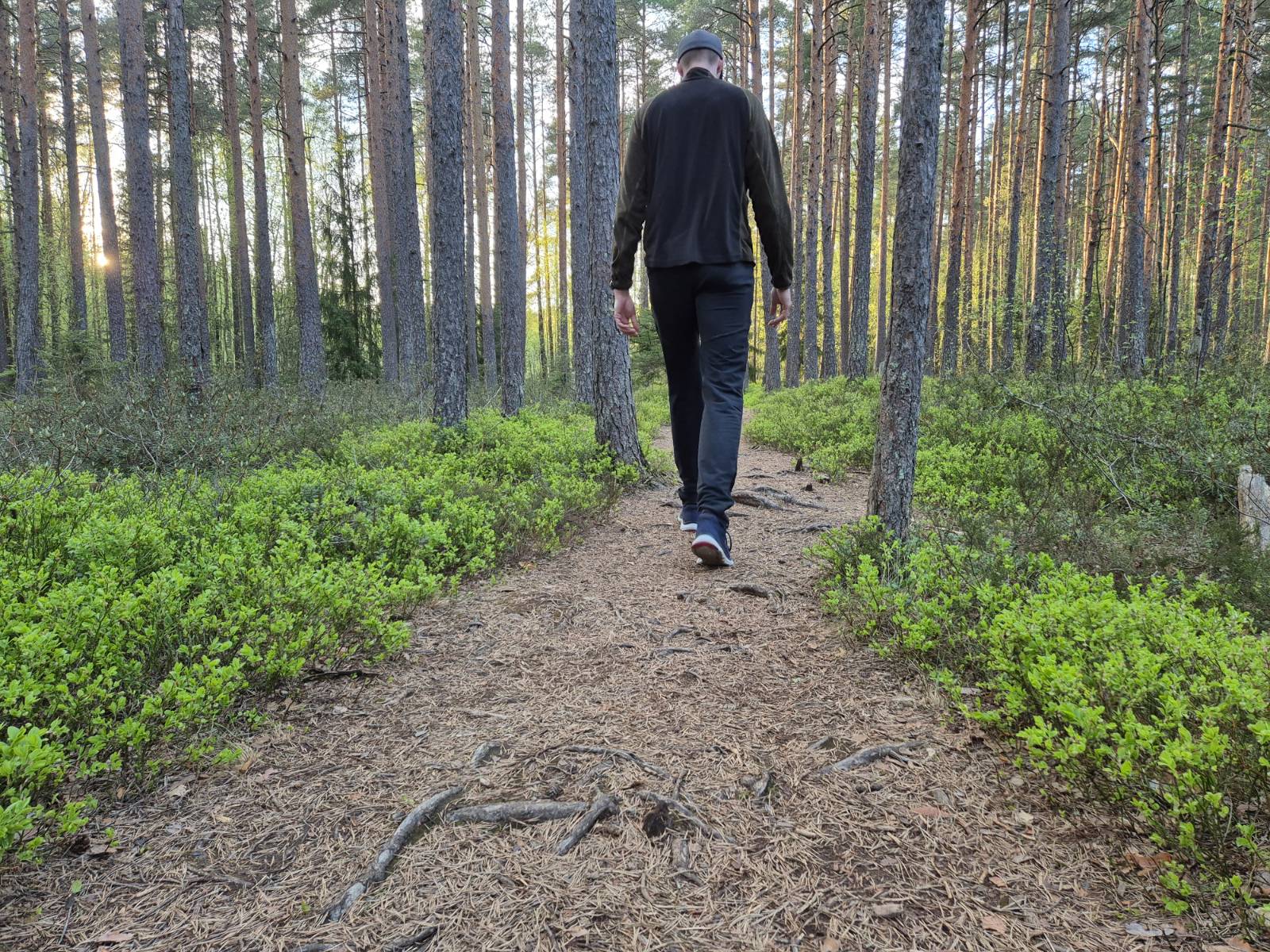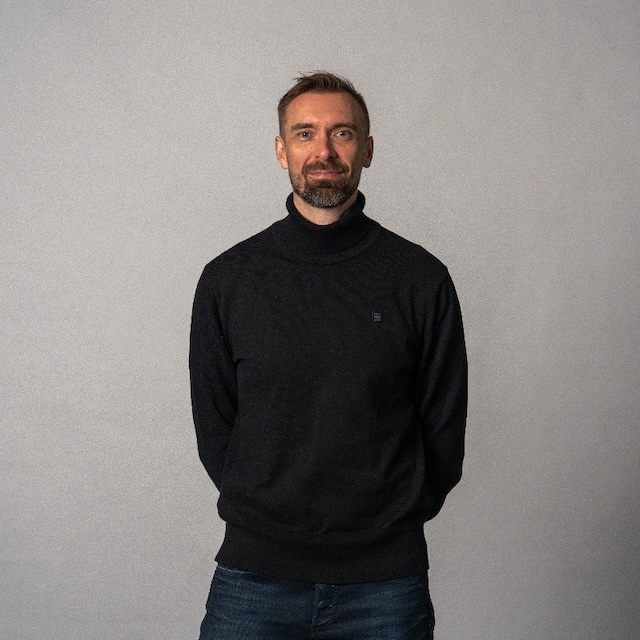
Green pathways in physiotherapy: Teaching functional capacity through nature
Introduction
At LAB University of Applied Sciences, Finland, the Bachelor of Health Care, Physiotherapist is 3.5 years (210 ECTS), which qualifies the student to be a licensed physiotherapist, an expert in movement, functional capacity, and rehabilitation. The LAB Physiotherapy Bachelor’s degree is divided into three main components:
LAB Joint Core Competence (15 ECTS)
These studies provide essential academic skills, including communication, information retrieval, and a research-oriented approach to learning. This also includes Orientation to Sustainability Thinking (2 ECTS).
Work-life Oriented Core Competence (165 ECTS)
This includes all essential professional studies and 45 ECTS of supervised clinical placements in various physiotherapy settings. Students engage in hands-on practice with real clients and participate in practical sessions embedded within the courses. The thesis is 30 ECTS.
Complementary Competence (30 ECTS)
These are elective modules that allow students to deepen their knowledge in selected areas such as musculoskeletal physiotherapy, neurological physiotherapy, or health promotion.
Supporting and promoting clients’ functional capacity
Throughout the studies, students go through integrated topics related to nature, nature-based solutions, and environmental aspects. Below is one example from the 1st year module course Supporting and promoting clients’ functional capacity (5 ECTS). The content of the course is as follows:
Basics of functional capacity assessment, key measurements and test batteries, planning and implementation of safe and reliable testing events, and basics of documenting functional capacity information.
Health promotion: familiarization with physical activity recommendations, nutrition recommendations, and sleep themes, reflecting on one’s own daily life against these recommendations. Physical activity and nutrition recommendations as well as sleep as tools for health promotion and support of functional capacity.
Basics of guidance and guidance methods, goal setting (SMART), movement quality, feedback and motivation, skill teaching and motor learning, health effects of music, relaxation and recovery, case work at the gym, and health effects of nature.
After completing the course, the student can
1) Select methods for assessing functional capacity in a client-centered way
measure the client’s functional capacity reliably
2) Define client-centered goals that support functional capacity and participation
3) Identify and use guidance and counselling methods that promote the client’s functional capacity and participation
4) Document the basics of the client’s functional capacity information.
The course supports the development of the student’s examination and assessment competence, therapy competence, and guidance and counselling competence.

Aki Rintala (PT, PhD)
Principal Lecturer, LAB University of Applied Sciences
Aki Rintala is a senior researcher in the Physical Activity and Functional Capacity Research Group and a principal lecturer in Physiotherapy at LAB University of Applied Sciences, specialising in neurorehabilitation and technology-assisted rehabilitation.

As part of the course, students are given an assignment in which they explore the health effects and benefits of nature. In that assignment, students will introduce and showcase an approximately 30-minute outdoor physical activity session in groups for their peer students. The assignment also requires students to search for supported research-related literature on the chosen topic. The aim is not merely to transfer traditional indoor exercises to an outdoor setting, but to genuinely investigate the potential health effects of nature (which must also be addressed in the session guidance) and how nature can be utilized—environmentally responsibly—in the context of physical activity, therapeutic exercises, or physiotherapy (e.g., uneven terrain, use of natural materials in training, support for mental well-being).
Reflections
Environment and sustainability aspects are discussed during the course and in the debriefing sessions after assignments. Overall, this type of assignment was first implemented in 2022, and the students have experienced the assignment overall very good.
At LAB, the curriculum was updated and newly started in 2024; more learning and teachers’ experience on integrating such assignments are required. The plan is to integrate environmental and sustainable aspects throughout the study span.

0 Comments